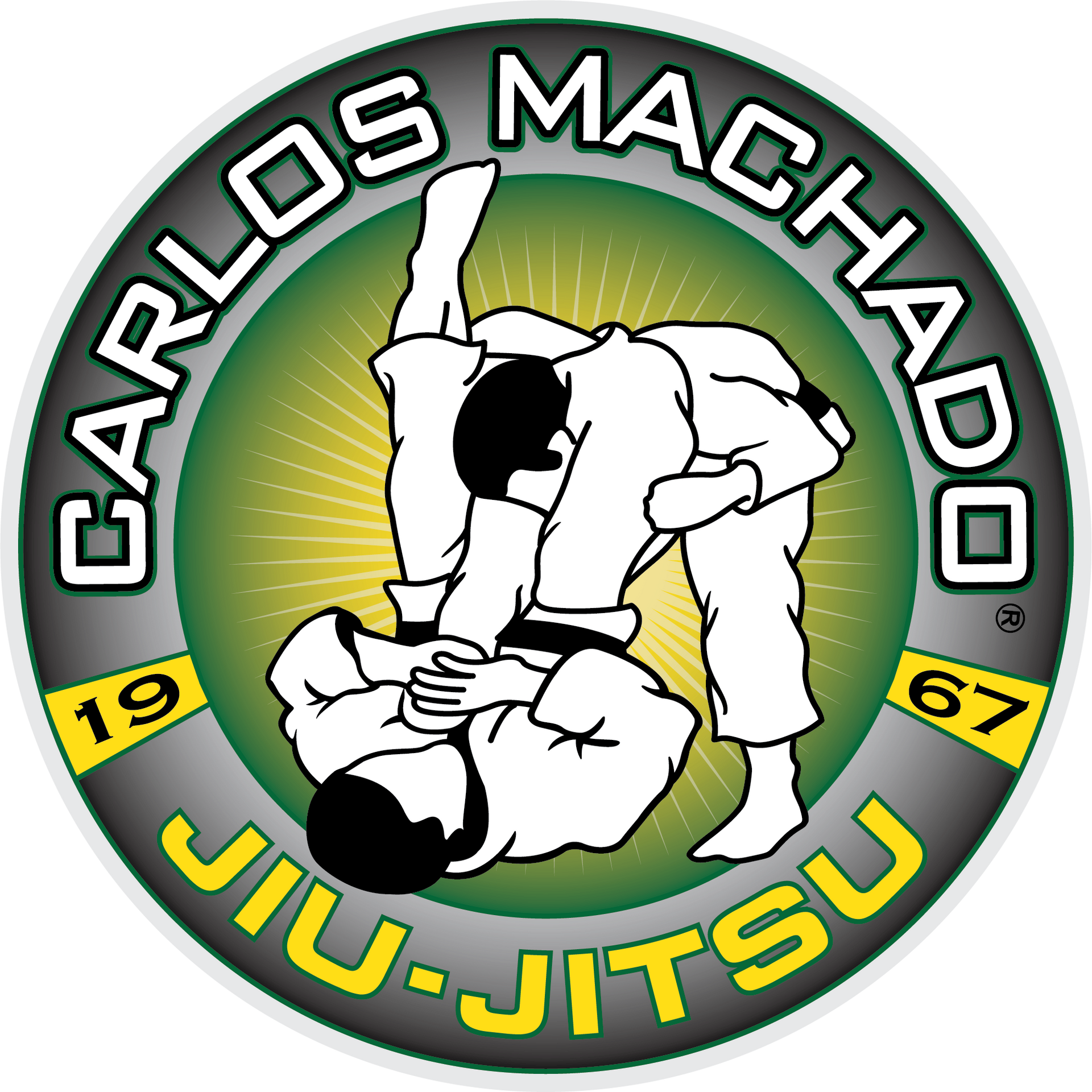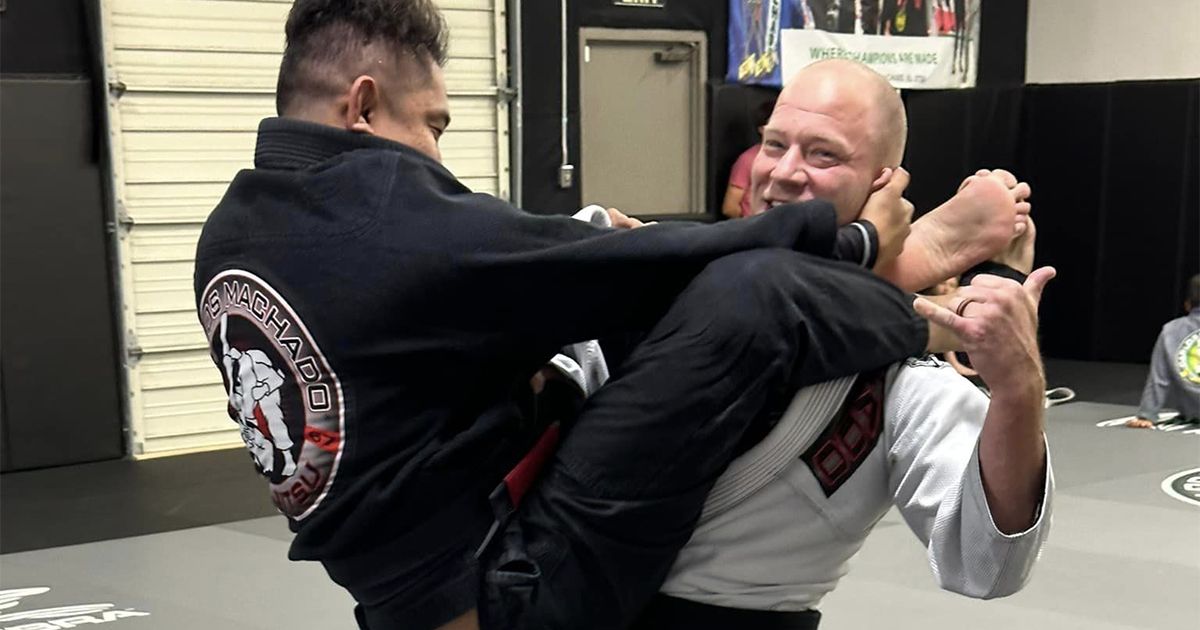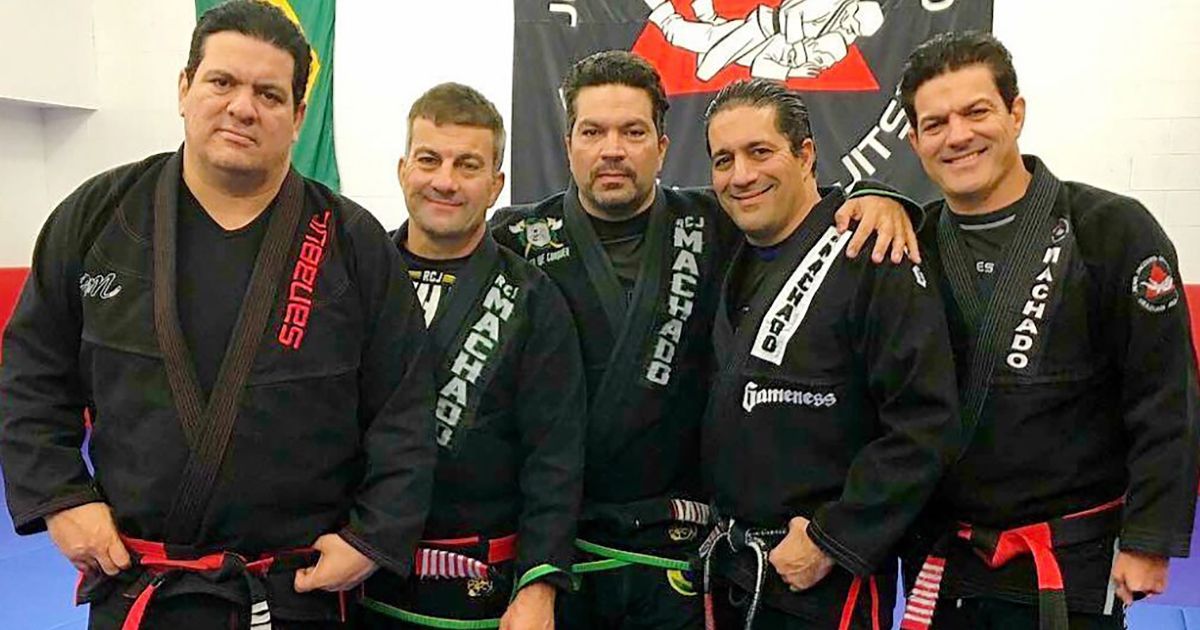How to Track Your Progress in Brazilian Jiu Jitsu: The Power of Journaling
If you are a Brazilian Jiu-Jitsu (BJJ) practitioner, you probably know how important it is to train regularly and consistently. But do you know how to track your progress and optimize your learning? Do you have a system to record what you learn, what you do well, and what you need to improve?
One of the best ways to track your progress in BJJ is to keep a journal. A journal is a tool that helps you document your training sessions, review your performance, and plan your goals. It also helps you develop a sharper sense of observation, a deeper understanding of the art, and a stronger focus on your journey.
In this blog post, I will share with you some tips on how to start and maintain a journal for BJJ, and how it can benefit you in many ways.
What to Write in Your Journal
A journal is not a diary where you write your feelings or thoughts. It is a log where you write facts and data about your training. Here are some things that you can write in your journal:
- Date and time of the session
- Name and rank of the instructor
- Topic or theme of the session
- Techniques or sequences learned or practiced
- Key points or details of each technique or sequence
- Questions or doubts that arose during the session
- Sparring partners and outcomes
- Strengths and weaknesses observed
- Goals or action steps for the next session
You don't have to write long paragraphs or sentences. You can use bullet points, keywords, abbreviations, or symbols. The important thing is to make it clear and concise, so that you can easily review it later.
How to Use Your Journal
A journal is not something that you write once and forget. It is something that you use regularly and consistently. Here are some ways that you can use your journal:
Before the session
Review your previous notes and refresh your memory. Remind yourself of your goals and action steps. Prepare yourself mentally and physically for the session.
During the session
Pay attention to the instructor and the techniques. Take notes as soon as possible after each drill or spar. Ask questions or clarifications if needed. Focus on applying what you learned and improving what you need.
After The Session
Review your notes and reflect on your performance. Celebrate your achievements and acknowledge your challenges. Identify what worked and what didn't. Write down any feedback or advice that you received. Set new goals or action steps for the next session.
The Benefits of Journaling
Journaling has many benefits for both beginners and advanced practitioners of BJJ. Here are some of them:
- It helps you remember what you learned and retain more information.
- It helps you organize your thoughts and structure your knowledge.
- It helps you analyze your performance and identify your strengths and weaknesses.
- It helps you set realistic and specific goals and track your progress.
- It helps you improve your focus and motivation.
- It helps you develop your creativity and problem-solving skills.
- It helps you appreciate your journey and enjoy the process.
Final Thoughts
BJJ is more than just a sport or a hobby - it's a science and an art that can transform you in many ways. It can make you stronger physically, mentally, and emotionally. It can teach you valuable lessons that apply to all aspects of life. It can help you achieve your goals and dreams.
But remember, BJJ is not about how fast or how far you go - it's about how well and how much you learn. And learning requires consistency, persistence, and dedication.
So if you want to track your progress in BJJ like a pro, use journaling as your secret weapon. Write down what you learn, what you do, and what you need. Review it regularly and use it wisely.
Now, go do some training, the mat is waiting for you!





